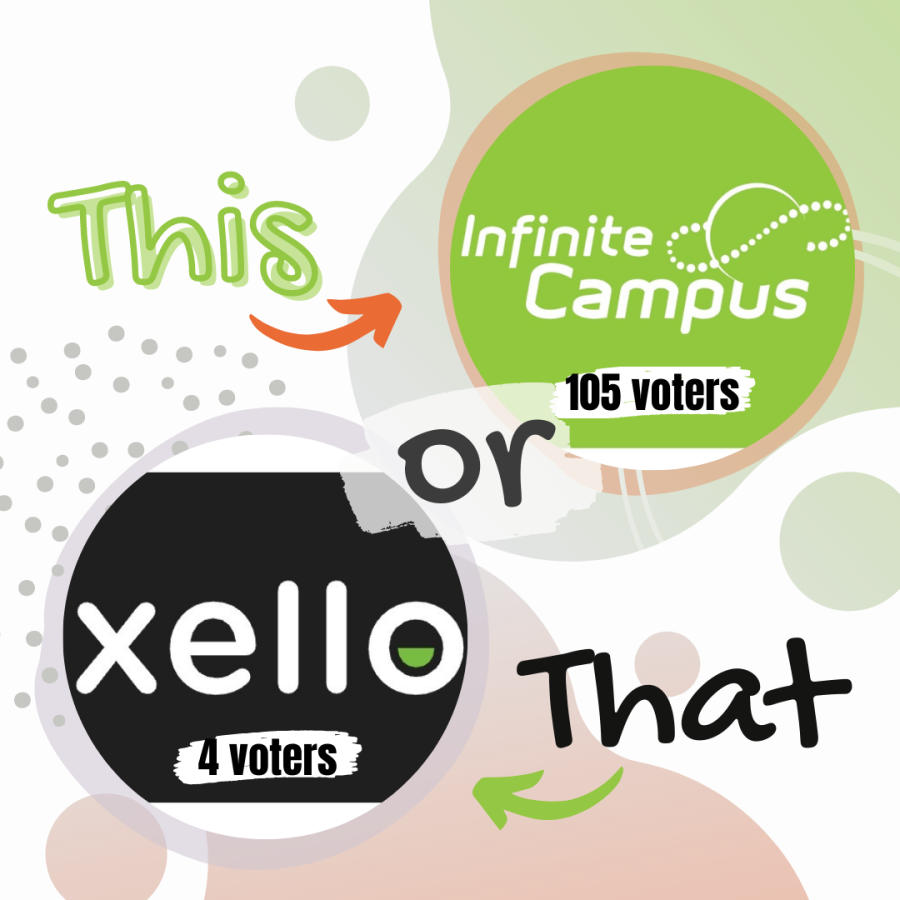Xello does not fulfill its purpose
March 6, 2022
At the beginning of the school year, the counseling department introduced Xello as part of weekly Advisory lessons. Xello provided students with personality quizzes and matchmaker tests to advise them on their career plans. Last week, students used the platform to conduct enrollment for the upcoming school year. However, the initiation of Xello into not only the curriculum, but also the registration process, shed light on the numerous issues within the software.
The Mentor Editorial Board believes that Xello should not be employed for scheduling purposes. Furthermore, the college and career readiness pathway present in Xello needs modification and specification from school administrators and counselors.
Last Wednesday, students completed their enrollment for the 2022-23 school year. Traditionally, the counselors use Infinite Campus to execute enrollment. The use of Infinite Campus for scheduling was relatively efficient and had become a format most students were accustomed to. Despite this, the school shifted gears and decided to use Xello. As you would expect, due to the obvious inexperience with the software among administration and counselors, Xello enrollment was a complete disaster.
Students were unable to input classes, electives and alternate choices. In fact, Xello seemed to be confusing certain classes with others. Social studies classes were being listed as electives, language classes didn’t have an elective slot open, and core classes did not provide any flexibility. These issues will drastically increase the workload for counselors this summer, who now have to manually input these missing courses for hundreds of students.
We cannot deny the inevitable effectiveness of career readiness interfaces like Xello. They supply students with a smorgasbord of possible professions and give detailed breakdowns of salary and content for each area of study. However, among the positives lies a glaring concern. While Xello advises students’ careers, it does not provide concrete plans to help them get there. For example, if a student wanted to pursue a career in biomedical engineering, what classes should the student take in high school to prepare for that specific major in college? What extracurricular projects should the student start? Summer camps? Scholarships? Xello lacks the necessary information to guide that student along that path. If the school cared about their students’ success after high school, they wouldn’t invest in perfunctory solutions. Instead, they would go in depth into what these quizzes actually mean and describe how you can attain your goals beyond high school.
An alternative option to Xello is utilizing the more useful parts of it in conjunction with other resources. Why don’t we use Xello primarily for personality and matchmaker tests (making the necessary adjustments mentioned above) and return to using Infinite Campus for enrollment?
The school must give up their “one size fits all” approach. One platform does not solve all problems. It takes a combination of resources to accomplish tasks that are integral to school function and student prosperity (eg. enrollment and career readiness). If the school can successfully reach that delicate balance, the possibilities are endless.


